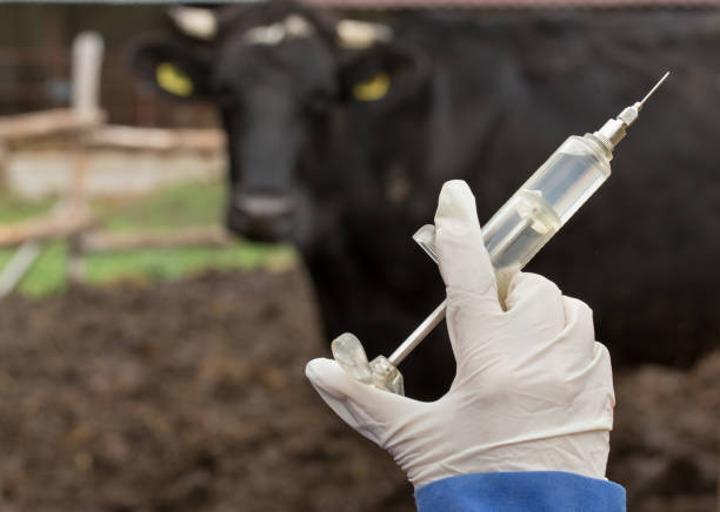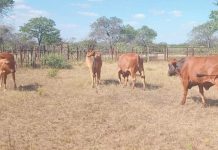Africa-Press – Zimbabwe. Mhlupheki Dube, a livestock specialist and farmer, has advised farmers and those aspiring to be to ensure that their animals stay safe and healthy.
In a post first published by The Sunday News, Dube said the wet season brings both joy and challenges for the livestock farmer as the prevalence of diseases increases and hence a vigilant eye and hands-on management become key. Dube said:
Hands-on management is our subject matter this week. Most of our smallholder livestock farmers are not entirely dependent on their livestock enterprise but they are either employed elsewhere or are running some businesses full-time elsewhere.
As a result, they have very limited contact with their animals. This is further compounded by the fact that some go into livestock production simply because it’s one of the investment options they came across, but they do not have the requisite passion that should accompany the decision to venture into livestock production.
Add the age factor into the fray, you will have a recipe for a failed enterprise. Most people mistakenly think that livestock production is something that they should venture into when they retire.
I have news for them, this is an industry for a person who still has the energy and strength to do the hard labour and work long and/or odd hours. It is not a retirement home, far from it. The misconception that you can expend your youthful energy and years somewhere else and come to retire in livestock production is thoroughly misplaced and the source of frustration for most livestock farmers who try to do it at the twilight ages.
Dube added that as a livestock farmer, one needs to be able to have boots on the ground and get hands dirty as often as one can if they want things to go according to their expectation.
Dube also said:
1). Be present on the ground as often as possible to ensure that the beef production enterprise succeeds. “I would say if you spend weeks without going to see and work your animals, then your enterprise is on autopilot. It is working itself out without your input and it does not get worse than this.”
2). Livestock farmers need to inspect the following:
i). Have you received enough water in your water bodies to sustain your animals throughout the year?
ii). Do you have sufficient grazing to take you through the year?
iii). What is the grass composition of your veld, are you moving towards more unpalatable grasses than grasses?
iv). What is the predator situation like, will you not lose most of your calves to predation?
v). What are the emerging disease trends in your herd?
3) Never go to your farm in a hurry and hope to rely on the word of your stockmen about the condition of your animals, you will receive a shocker one day when you thought you had 50 animals only to learn you are actually left with 30.
4). Your attention to detail as you inspect your animals and attend to what needs to be done, tends to rub off on your stockmen such that over time, they are actually able to carry out the task with the same level of meticulousness.
Feedback [email protected] (Cell 0772851275)
For More News And Analysis About Zimbabwe Follow Africa-Press






